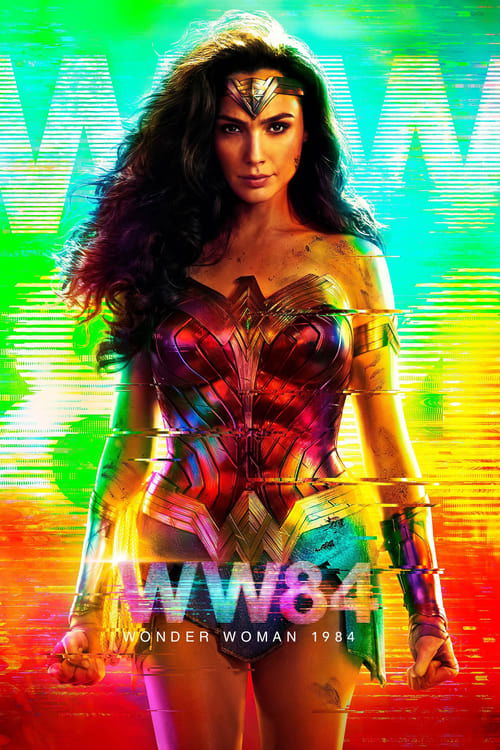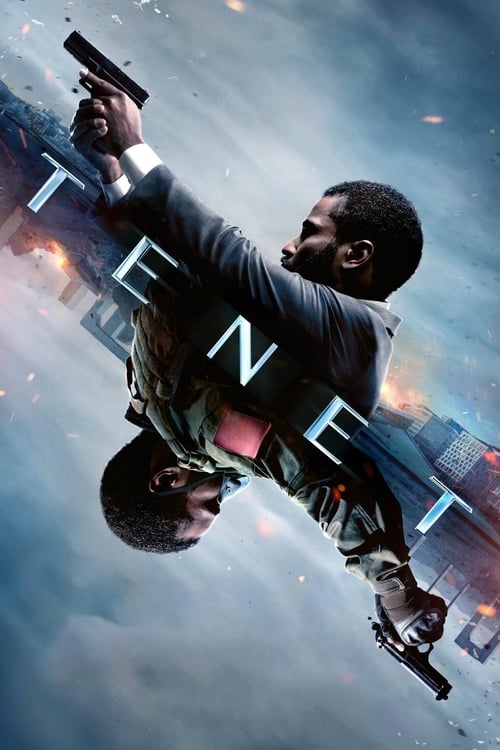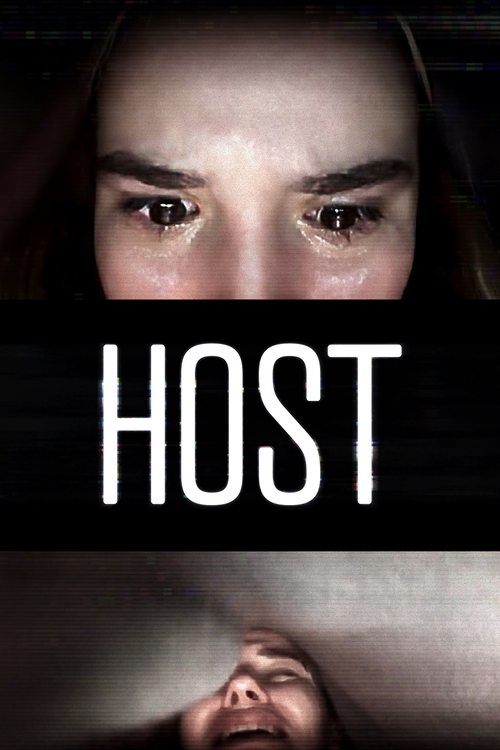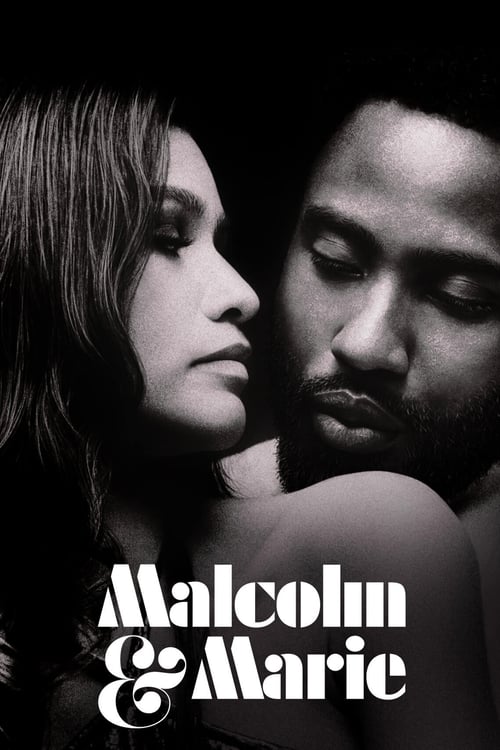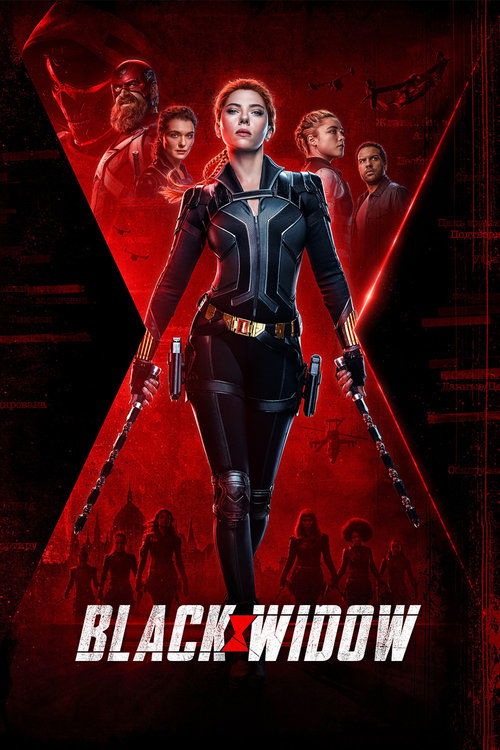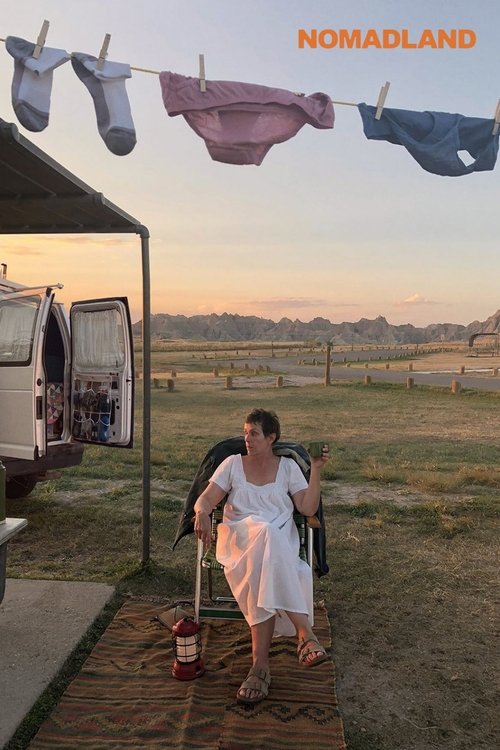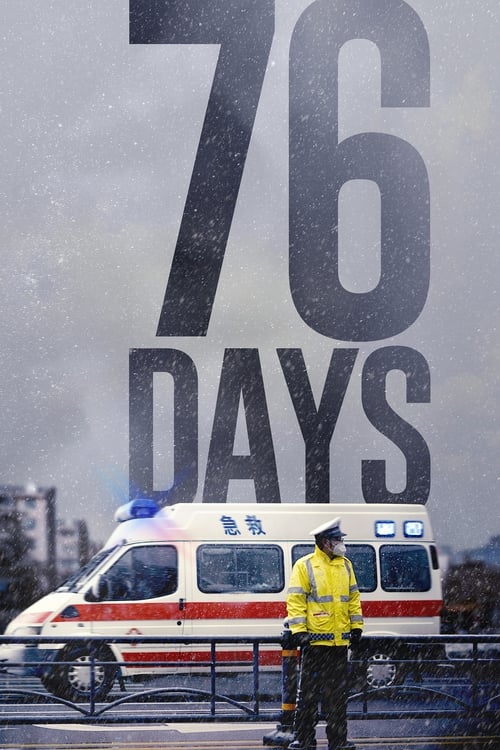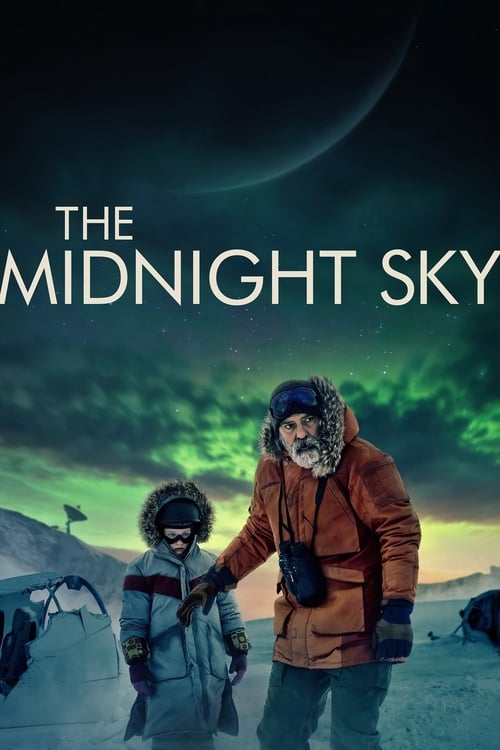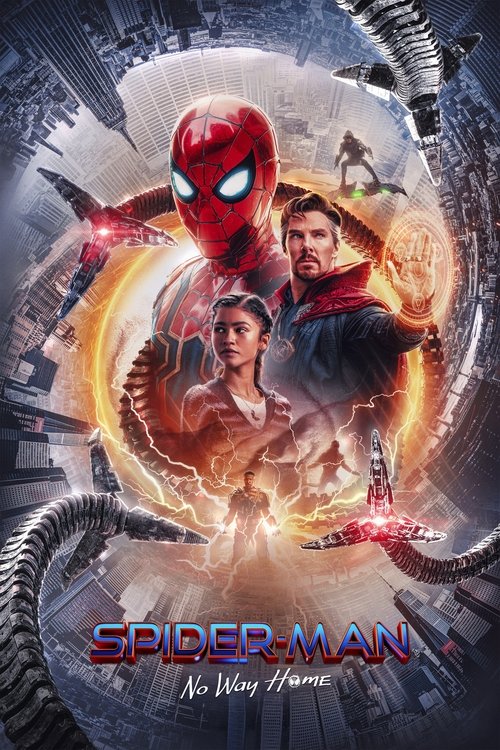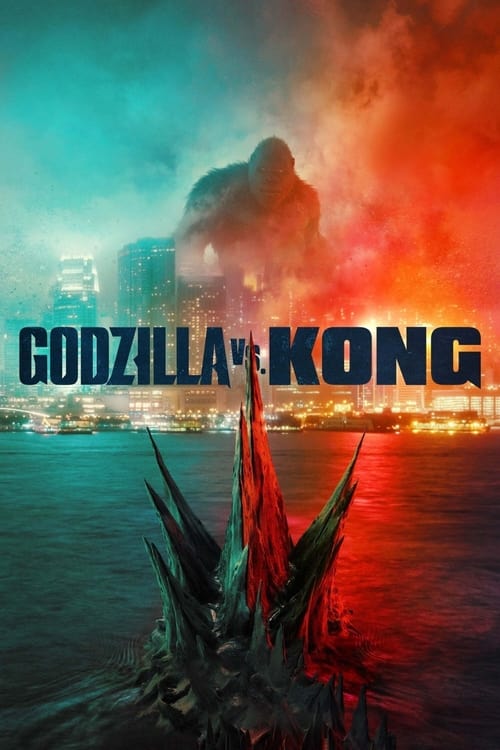Post-Pandemic Cinema
How COVID changed moviegoing
The COVID-19 pandemic fundamentally transformed the cinema landscape, accelerating industry changes and permanently altering how films are produced, distributed, and consumed.
The immediate impact of the 2020 global shutdown created an unprecedented disruption in theatrical exhibition, forcing studios to rapidly pivot their release strategies. Warner Bros. made the revolutionary decision to simultaneously release their entire 2021 slate on HBO Max and in theaters, beginning with "Wonder Woman 1984" (2020). This "day-and-date" strategy sent shockwaves through the industry and sparked heated debates about the future of theatrical exhibition. Christopher Nolan's "Tenet" (2020) became a crucial test case for theatrical releases during the pandemic, with its modest $363 million global box office highlighting the challenges of releasing big-budget films in the new environment.
Filmmakers quickly developed innovative protocols to continue production during the pandemic. Movies like "Malcolm & Marie" (2021) and "Host" (2020) were conceived and shot under strict COVID protocols, with minimal crews and contained locations. These constraints led to creative solutions: "Host" director Rob Savage crafted a horror film entirely through Zoom calls, while Sam Levinson's "Malcolm & Marie" utilized a single location with just two actors. The pandemic also influenced visual storytelling, with films incorporating masks, social distancing, and isolation themes into their narratives. Netflix's "The Guilty" (2021) starring Jake Gyllenhaal was filmed with a minimal crew using remote directing techniques.
The pandemic accelerated the streaming revolution, with traditional studios launching or expanding their digital platforms. Disney+ reached 100 million subscribers faster than projected, aided by premium releases like "Mulan" (2020) and "Black Widow" (2021). This shift led to heated conflicts between studios and theaters, exemplified by Scarlett Johansson's lawsuit against Disney over "Black Widow's" hybrid release strategy. The success of streaming-first films like "The Old Guard" (2020) and "Army of the Dead" (2021) demonstrated that big-budget action films could succeed without theatrical runs, challenging traditional distribution models.
Independent filmmakers found both challenges and opportunities in the new landscape. Virtual film festivals like Sundance 2021 democratized access to premiere events while creating new platforms for discovery. Films like "Nomadland" (2020) and "Minari" (2020) found success through hybrid release strategies, combining limited theatrical runs with streaming availability. The pandemic also influenced documentary filmmaking, with works like "76 Days" (2020) capturing the immediate impact of COVID-19, while "In the Same Breath" (2021) examined the global response to the crisis.
The pandemic spurred technological innovation in both production and exhibition. Virtual production techniques, already emerging with "The Mandalorian," became more widespread as a safer alternative to location shooting. Films like "The Midnight Sky" (2020) utilized remote visual effects supervision and virtual collaboration tools. Theater chains invested in enhanced cleaning protocols and ventilation systems, while developing private screening options and upgraded mobile ticketing platforms. Some productions like "Avatar 2" pioneered new health and safety protocols that have become industry standards.
The post-pandemic box office revealed changing audience behaviors and preferences. "Spider-Man: No Way Home" (2021) demonstrated that event films could still draw massive crowds, while mid-budget adult dramas struggled to recover theatrical audiences. The success of "Godzilla vs. Kong" (2021) showed that certain genres maintained theatrical appeal despite simultaneous streaming availability. The shortened theatrical window became standardized, with most studios adopting 45-day exclusivity periods before streaming releases, fundamentally changing the exhibition model.
More Ideas
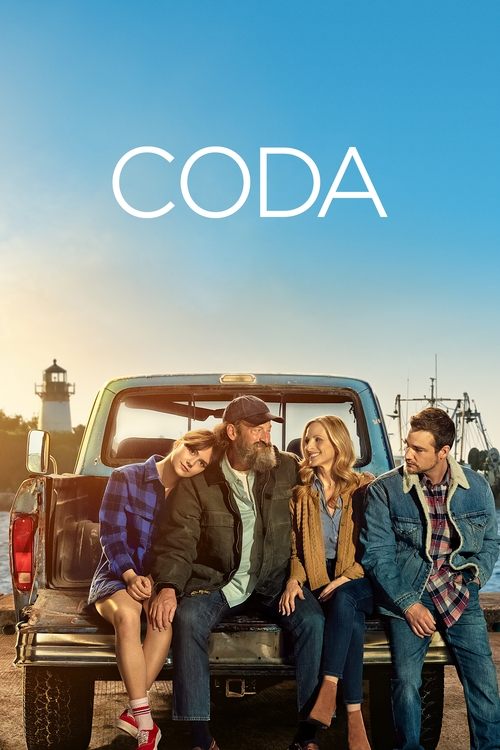
CODA
(2021)
Apple TV+ acquisition that won Best Picture
Streaming on Apple TV+
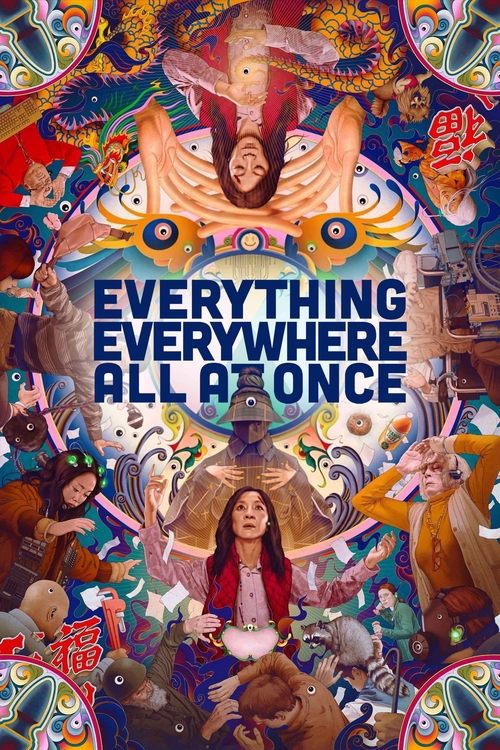
Everything Everywhere All at Once
(2022)
Independent hit that thrived in new landscape
Streaming on Showtime

Top Gun: Maverick
(2022)
Theatrical-only release that proved traditional model viability
Streaming on Paramount+

Belfast
(2021)
Awards contender with shortened theatrical window
Streaming on HBO Max
More from Hollywood Transformed
WWII & Cinema's War Effort
Movies as propaganda and art
Independent Film Renaissance
Breaking free from studios
International Cinema Breaks Through
World cinema reaches America
Franchise Filmmaking Dominance
Sequels and shared universes
Streaming Changes Everything
Netflix revolutionizes distribution
Marvel & the Cinematic Universe
Superhero storytelling dominates
A24 & Independent Prestige
Art house meets commercial success
International Streaming Wars
Global content competition
From Weimar to Hollywood: The Émigré Influence
European artistry in America
